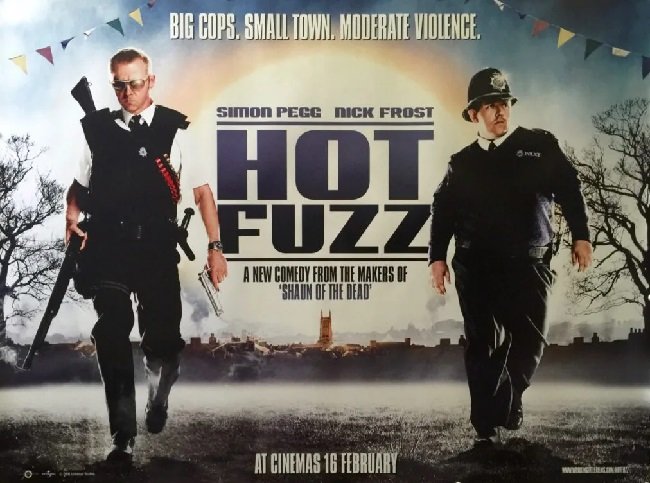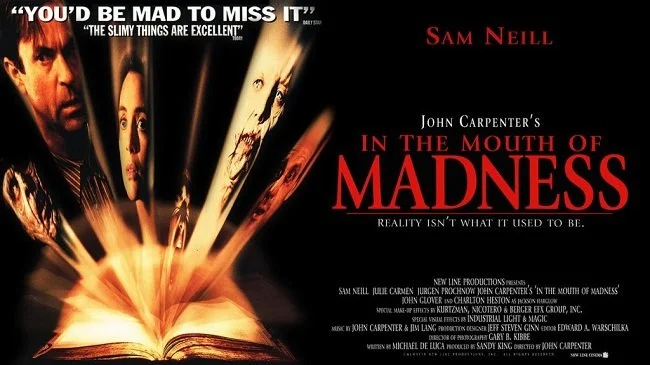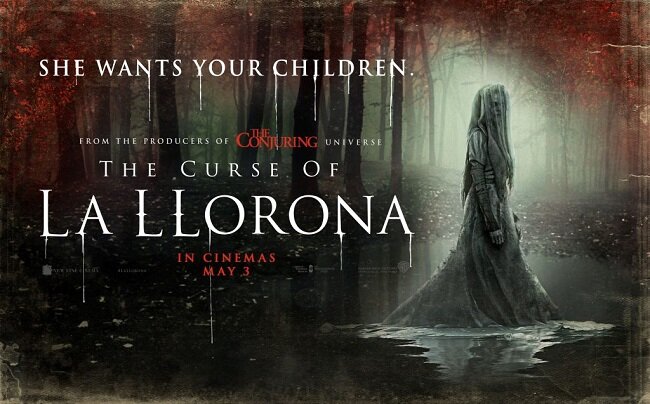Cromwell (1970)
Big budget historical costume dramas were still popular at the box office during the seventies although the public was slowly falling out of love with them. Cromwell is a curious addition to the genre in so far that it is actually demonstrably less than the sum of its parts. Despite a high budget and a quite impressive production design, it offers nothing more than a broad historical overview of the English Civil War and is actually quite light on detail and frequently historically inaccurate. It comes across as a somewhat long-winded history primer for schools and the viewer is never really offered anything more than a dozen or so bullet points of information about this period. However, it has a few merits to consider and is certainly not a total waste of time for those seeking a few hours diversion.
Director Ken Hughes allegedly produced a three-hour rough cut before editing the theatrical release down to a more manageable 139 minutes. At times this seems apparent due to the rather rapid way in which the historical narrative moves from one key event to another. Some scenes provide the bare minimum of detail and character development needed to make their point before moving on. For example one of Cromwell’s labourers, John Carter, is seen resisting Royalist troops as they fence off common land. He is arrested and subsequently released sans his ears to simply reinforce the plot that the King is a tyrant. The character then vanishes from the story for a considerable amount of time only to return as a loyal soldier in Parliamentary New Model Army, who is now in dispute with Cromwell’s policies. This and other examples indicate that a lot of broader detail has been excised.
However, despite discrepancies in the plot Cromwell does boast accurate period costumes, handsome sets and solid lead performances. Richard Harris is passionate and credible as a man who is constantly hamstrung by the failings of others and who frequently has to look to his own resolve to master events. Alec Guinness maintain a quiet dignity as Charles I; a man who seems to grasp that events often control the man rather than vice versa. His death scene is quite poignant, although his actual execution is discrete. The supporting cast is a veritable who’s who of British character actors from the sixties and seventies. Stalwarts such as Charles Grey, Robert Morley, Douglas Wilmer and Nigel Stocke play sundry nobles from the time. Some of the deficiencies of the screenplay are carried by the quality of the actors present who all are at ease in such opulent period productions.
The battles scenes in Cromwell also hint at some judicious editing and not necessarily for reasons of running time. There is a distinct lack of violence in the close quarters fighting with most deaths being shown in long shots. Yet there are numerous stunts with riders falling from mounts and infantry being blown up by incoming artillery fire. However, there are a few shots of the battlefield that feature bloodied corpses. Considering the rather jolting earlier scene where Frank Finlay staggers into the church with his ears cut off, I suspect that this movie was specifically trimmed for violence, as there are some tonal inconsistencies in the finished edit. Perhaps the producers wanted to focus more on the historical elements and not get bogged down in rating related issues.
Overall, Cromwell is an adequate movie, if you merely want a period drama that is light on detail and relatively easy watching. It is the performances that are its primary selling point. For those looking for something as cerebral and as multi-layered as The Lion in Winter or A Man for All Seasons, you may wish to adjust your expectations. For good or ill, Cromwell is a prime example of a genre of movie that is seldom made these days. The recent historical drama Mary Queen of Scots stood out among other mainstream theatrical releases for this very of this reason. The Outlaw King, which told the story of Robert the Bruce opted for Netflix as a medium to reach its potential audience. Cromwell also serves as a reminder that the UK still had robust stars of note and was capable of competing with the US film market at this time. Nowadays such a subject matter would more than likely be tackled via a miniseries that was internationally funded.




























